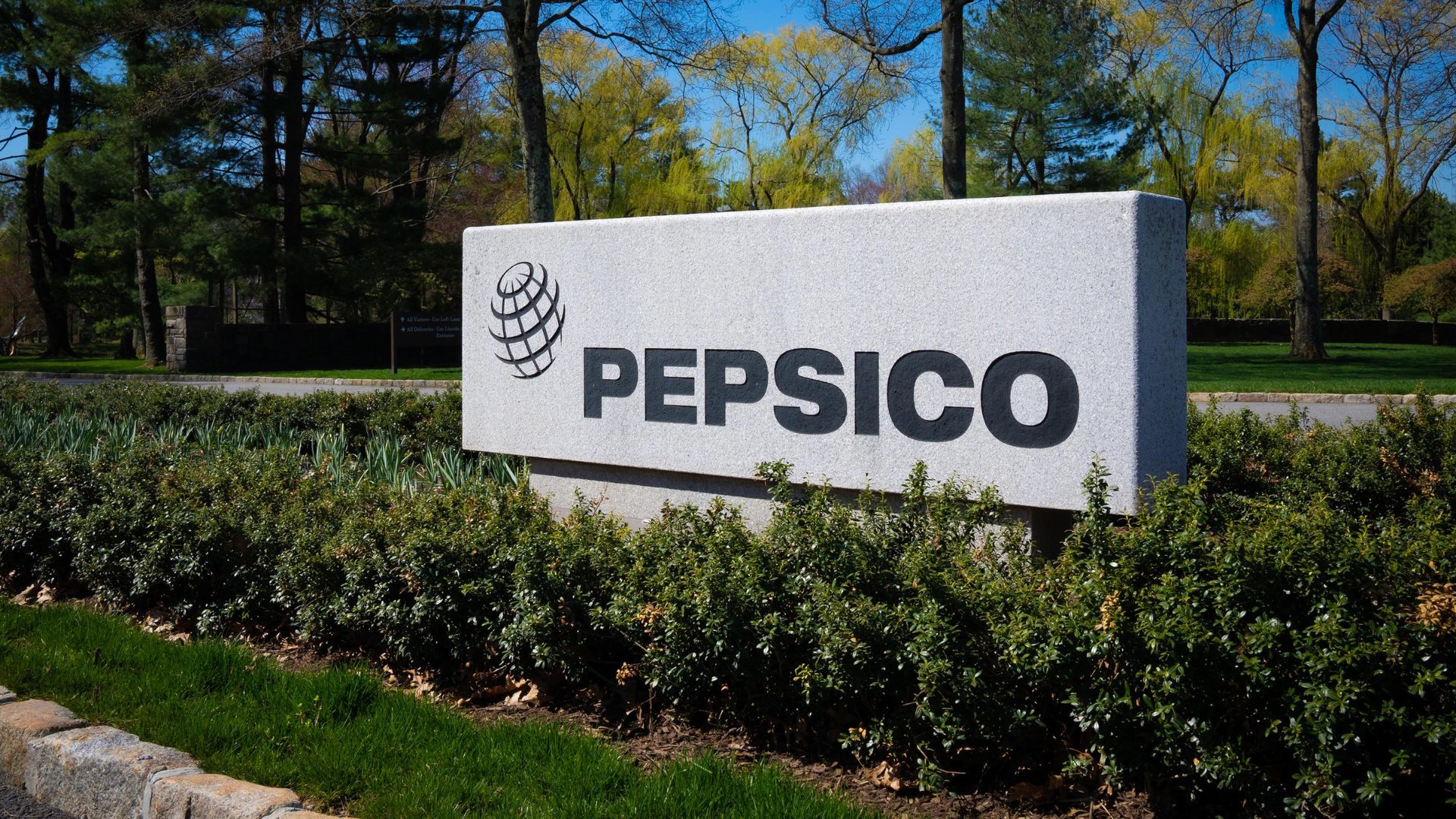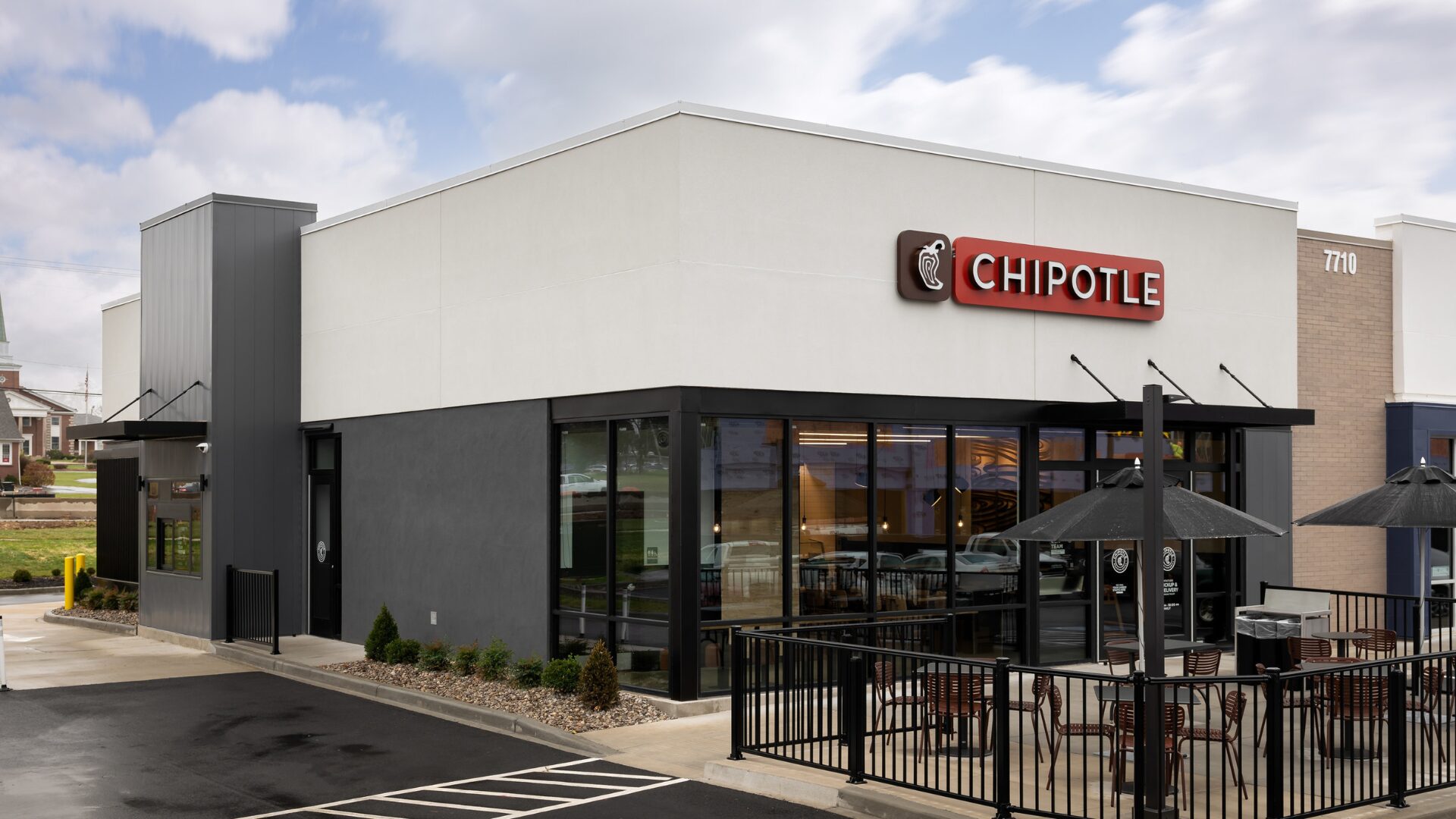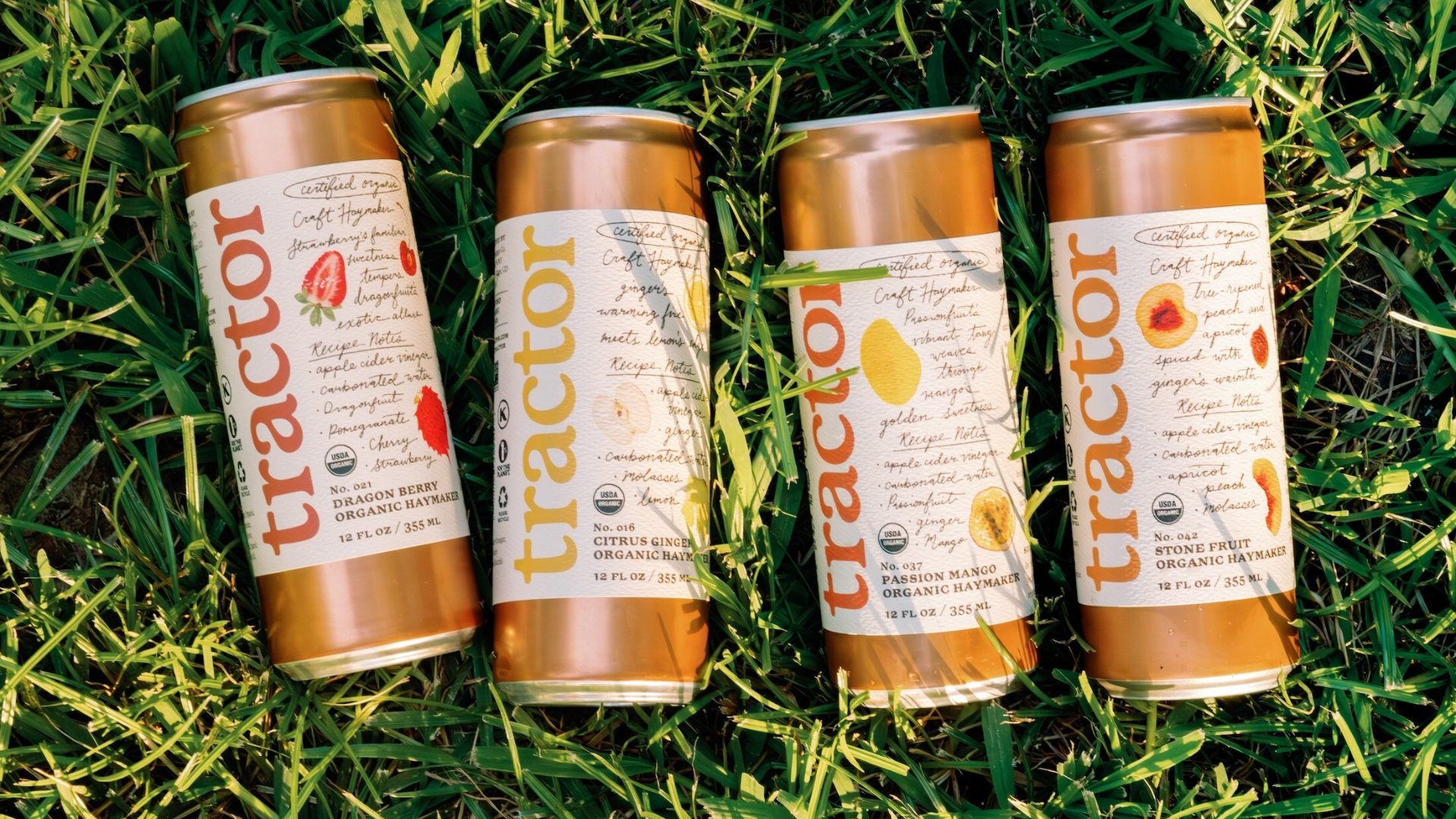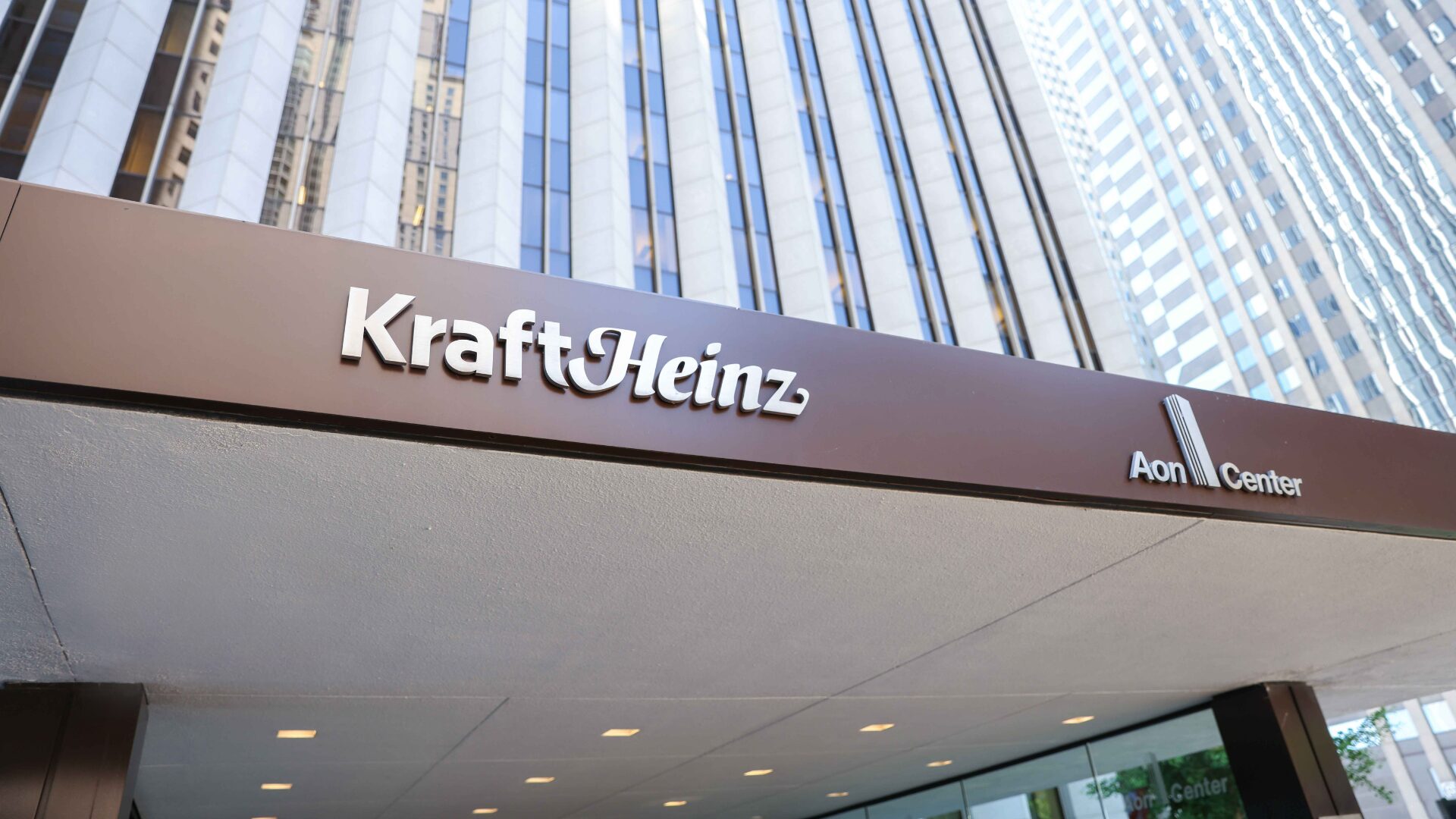Last month, Elliott Management announced that it had acquired a $4 billion stake in PepsiCo. In one sense, the disclosure wasn’t much of a surprise. In another, it was absolutely shocking.
Elliott is likely the largest activist investor in the world. Its strategy – successful enough that the firm now manages $76 billion in assets worldwide – is to own large stakes in underperforming businesses and work with management and/or the board of directors to improve operations.
The ‘and/or’ there is because on occasion Elliott pushes companies to remove managers; perhaps most famously, in 2020 it called for the ouster of founder Jack Dorsey for Twitter. (Dorsey left the following year.) Twitter is just one of the well-known companies Elliott has targeted; more recent investments include Southwest Airlines, Starbucks, and Corona owner Constellation Brands.
In the context of the firm’s size and strategy, PepsiCo looks like an unsurprising choice for an activist effort. Since reaching an all-time high in May 2023, PepsiCo stock has fallen 26%. Over the same period, shares of Coca-Cola gained about 4%.
But it’s precisely that underperformance that is so stunning: PepsiCo long has been seen as one of the premier food and beverage companies in the world. The beverage side admittedly hasn’t always been consistent, but the snack division has grown multiple powerhouse brands and prospered for decades through pretty much every macroeconomic environment. Even three years ago, the idea that an activist would be arguing for change at PepsiCo would have seemed ludicrous.
That idea now is no longer ludicrous: it’s reality. And it’s reality because Pepsi is lagging.
PepsiCo’s Strange Q3 Story
PepsiCo’s underperformance over the last two-plus years is particularly notable given that, from a long-term perspective, its stock has actually outperformed its biggest rival. But the recent divergence in share price does make sense given the performance of the two businesses. While Coke has mostly managed inflation and a pressured consumer, PepsiCo management has made some clear missteps on both the beverage and snack side of its business. That appears to begin with taking too much price as inflation roared in 2022.
Since then, growth has absolutely stalled out. Fiscal third quarter results, released on Thursday, showed that sales increased just 2.6% year-over-year; on an organic basis, growth was 1.3%. Organic revenue in the North American Foods segment fell 3%. Adjusted for currency and one-time charges, overall earnings per share declined 2%. It’s a sign of where expectations are that PepsiCo stock actually rose 4% following the release.
This is not the performance investors expect from PepsiCo, and it’s why Elliott believes the company needs to make changes to get back on track. And the firm, according to a presentation released alongside its investment, believes a few simple, if major, strategic decisions can reverse Pepsi’s slide.
Too Many SKUs, Too Little Dew
Clearly the biggest – in terms of importance and effect – is Elliott’s argument that PepsiCo should franchise its bottling business. As the firm noted, Coca-Cola executed a similar strategy last decade, with much success. Outsourcing the bottling operations to franchisees led to higher profit margins and better management focus, allowing Coke to grow profits consistently despite overall weakness in soda consumption. In contrast, PepsiCo bought back its bottling operations in 2009 and 2010, and in Elliott’s view those operations are now leading to too much complexity and too much wasted capital.
That aside, Elliott is arguing for better execution. PepsiCo has too many products: 70% more than Coca-Cola, despite retail sales that are about 15% lower. The launch of Sprite competitor Starry appears to be a disappointment so far, with Elliott arguing (convincingly) that Starry has pulled marketing resources from the stronger Mountain Dew brand.
On Thursday’s earnings call – the first since Elliott’s investment was disclosed – CEO Ramon Laguarta addressed the presence of his new major shareholder, saying that conversations with the firm were “very constructive and collaborative.” The CEO also argued that many of Elliott’s ideas were included in the company’s existing long-term strategy, though when asked by an analyst he notably declined to endorse any franchising efforts.
GLP-1s and MAHA Muddle PepsiCo’s Story
But the clear concern that investors have with PepsiCo is the possibility that both Elliott and the company’s management are wrong. Laguarta emphasized the company’s portfolio of “permissible snacks”, and pointed to innovation around protein, whether through the Muscle Milk business acquired in 2019 or the launch of Doritos protein chips.
Investors, however, aren’t necessarily worried that PepsiCo doesn’t have enough healthy products. Rather, the risk to the business and the stock is that, in the age of GLP-1s and MAHA and a focus on ‘clean’ products, the brands that have made PepsiCo one of the world’s best consumer companies simply aren’t as valuable as they used to be. Sugary beverages and salty snacks simply may be headed for permanently lower growth.
In its presentation, Elliott pointed out that PepsiCo stock of late has traded “more like KHC [Kraft Heinz] than KO [Coca-Cola]”, with Kraft “a structurally lower-growth peer”. Relative to the market, its price-to-earnings multiple, which reflects profit growth expectations, is at its lowest point in at least two decades.
In Elliott’s view, those reduced expectations are a result of poor execution, too much spending, and an incoherent strategy. Put simply, the problems are fixable. In the eyes of many investors, however, they may not be.
Vince Martin is an analyst and author whose work has appeared on multiple financial industry websites for more than a decade; he’s currently the lead writer for Wall Street & Main. He has no positions in any securities mentioned.
Food for Thought Leadership
In this episode of Food for Thought Leadership, The Food Institute’s Rebecca Fryer sits down with Dr. Deepali Palta, vice president of Global R&D, Innovation, and Sustainability at Kellanova, for a deep dive into the science, strategy, and spirit driving the next generation of food innovation.










